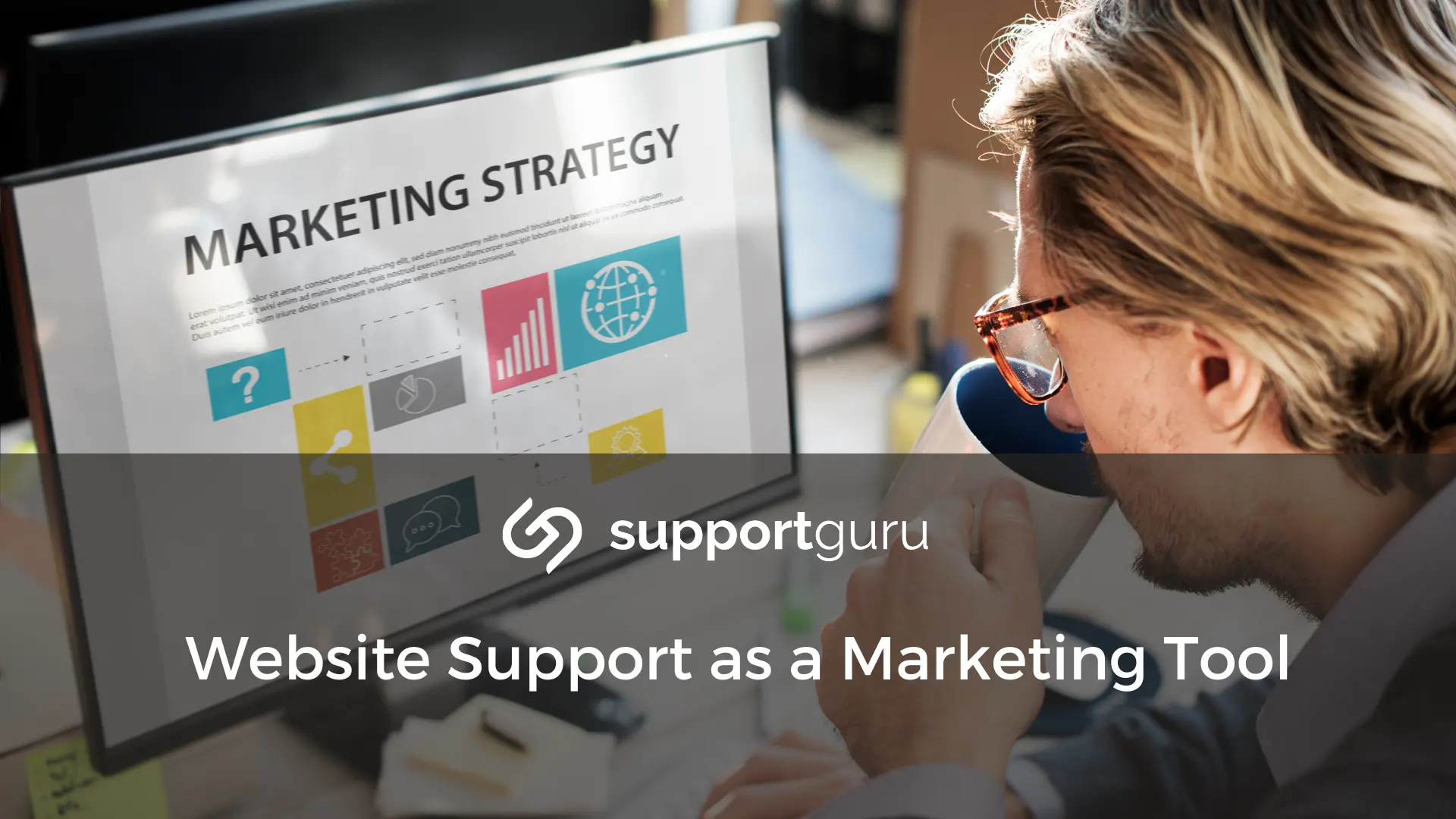Ongoing website support includes a variety of services that go beyond basic maintenance.
To flourish online, you need ongoing website support to ensure your website functions flawlessly, delivers a positive user experience, attracts high-quality leads, and ultimately converts those leads into sales.
Why Website Support Matters for Marketing
Unsupported websites can quickly become a marketing liability.
Enhanced User Experience
A website filled with broken links, slow loading times, or outdated information creates a frustrating user experience.
Website support ensures smooth functionality, up-to-date content, and a user-friendly design. This keeps visitors engaged on your site for longer, fostering positive brand perception and encouraging them to return.
Improved Search Engine Optimization (SEO)
Technical SEO factors significantly influence your website's ranking in search engine results pages (SERPs).
Search engines prioritize websites that are mobile-friendly, load quickly, and offer a positive user experience.
Website support services often include SEO optimization, ensuring your website adheres to these best practices and is discoverable by potential customers searching for the products or services you offer.
Lead Generation and Conversion
A well-supported website acts as a lead generation machine.
Incorporating clear calls to action (CTAs) can encourage visitors to subscribe to your email list, request a consultation, or make a purchase.
Website support also helps optimize conversion funnels to ensure a smooth and frictionless user journey toward becoming a paying customer.
Data-Driven Marketing Decisions
Website analytics provide valuable insights into user behavior, such as popular content, conversion rates, and bounce rates.
Bounce rates refer to the percentage of visitors who leave your website after viewing only one page.
Understanding these metrics is crucial for optimizing your marketing campaigns.
Website support ensures proper analytics integration, allowing you to make data-driven marketing decisions.
For example, website analytics can reveal which landing pages are converting leads most effectively and which pages need improvement.
By analyzing user behavior, you can tailor your website content and marketing messages to resonate better with your target audience.
Website Support Services for Small Businesses
Small businesses have a wide range of website support options to choose from:
-
In-House Support: For businesses with technical expertise, building an in-house website support team can offer complete control. However, this approach requires ongoing staff training and resource allocation.
-
Managed Website Hosting: Many hosting providers offer managed plans that include website maintenance, security updates, and performance monitoring, freeing you to focus on core business activities.
-
Website Maintenance Packages: Agencies or freelancers offer website maintenance packages tailored to your specific needs. These packages can cover content updates, security audits, performance optimization, and plugin management.
-
Content Management System (CMS) Support: Many popular CMS platforms, like WordPress, offer dedicated support plans or have large communities providing assistance with troubleshooting and plugin compatibility.
Choosing the Right Website Support Solution
The ideal website support solution depends on several factors, including:
Technical Expertise
Consider your team's capabilities.
If your in-house staff lacks the technical knowledge to maintain your website, outsourcing to a managed hosting provider or website maintenance agency is a wise decision.
That puts your website in the hands of more qualified professionals who can handle complex tasks like security updates, plugin compatibility checks, and performance optimization.
Budget
Website support costs can vary depending on the chosen solution. In-house support offers the most control but comes at the cost of hiring and training staff.
Managed hosting and website maintenance packages typically offer predictable monthly costs, making them a budget-friendly option for many small businesses.
Website Complexity
The complexity of your website also plays a role.
Simple websites with static content may require less frequent updates and maintenance compared to ecommerce platforms with dynamic features, product listings, and shopping carts.
These complex websites benefit from ongoing support to ensure smooth functionality, secure transactions, and a positive user experience throughout the buying journey.
